Intro

At Kun Koro we offer counseling oriented to dining teams of public or private schools and afterschool projects that want to approach or deepen in a respectful accompaniment towards the children, the families and the team itself.
Kun Koro means "with heart" in Esperanto. For us it represents accompanying from the heart, from a meaningful place, from the needs of the children, the bond and the affection.
We have been working for years in the lunchtime of the public school Congrés-Indians. When the school opened its doors, offering a loving and respectful accompaniment to the needs of the children in a public school environment, the need to take care of the non-lective, such as the lunchtime, was also revealed. This meant reflecting on some normalized situations in most schools such as forcing children to eat certain amounts or food, having to nap, rewarding or punishing certain behaviors, eating together in a large dining room, etc.
Little by little we forged a noon project more respectful of the needs and rhythms of the children, which is constantly evolving. Our experience and learnings has allowed us to develop an observation capacity and a methodology that we think may be of interest for other projects that consider a more respectful accompaniment.

We work together with:
· Senda. Children and Family Accompaniment Center.
· Del Campo al Cole. Leading entity in Spain in the promotion of sustainable and healthy school feeding.
Projects that we have advised:
· 30 Passos School · Public school
· Tanit School · Public school
· Ca La Rosa · Dining hall for children.
We have worked for:
· CAIEV · Center of Advice and Investigation of Live Education.
· Santa Coloma de Gramenet Town Council. · Public Health Service.
· L'Escoleta dels Indians · Preschool project.
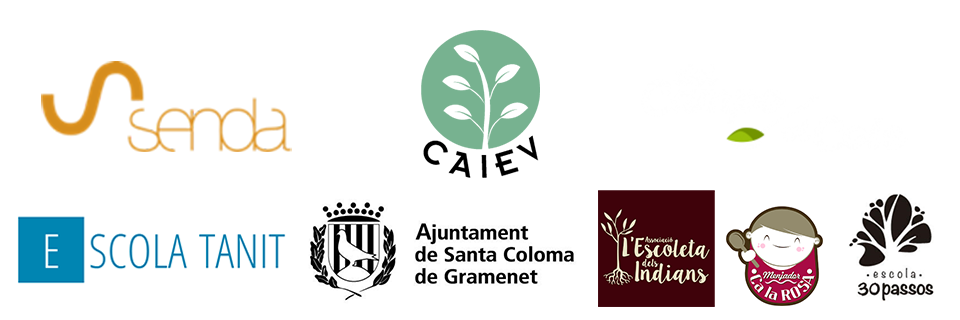
Counseling
We offer counseling oriented to dining teams of public or private schools and afterschool projects that want to approach or deepen in a respectful accompaniment towards the children, the families and the team itself.
We work on the needs of each project and its interests, offering observation, reflections, experiences and proposals according to each educational and dining project. We accompany the projects so that they can try to cover more the needs of the children.
We divide the content into three basic sections:

· Emotional accompaniment and attitudes of the accompanying adult
We observe possible improvements and shortcomings in how we relate to the environment and the children as accompanying adults during meals and throughout the midday fringe. We offer training, reflections and experiences to work in this direction.
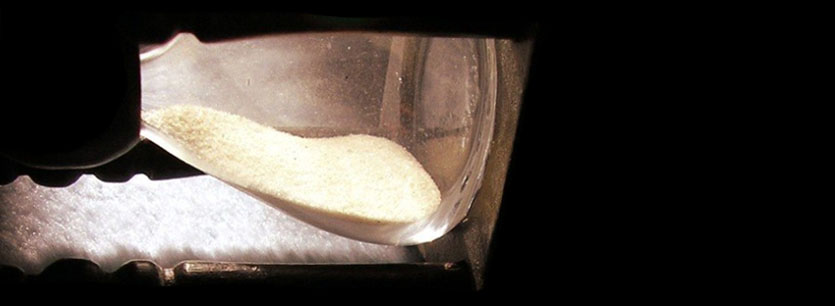
· Logistics at the service of the needs of children
We study the logistics of the interested project and detect possible logistical changes that could have a positive impact on the children.
Spaces, materials or proposals available, short waiting times, how many adults are in the space and how they are located, are some of the most obvious issues. However, it is also indirectly possible from the logistics to benefit the children, through achieving more well-being in the companions, families, teachers and fellow children.
In relation to these issues we contribute our experience and elaborate proposals for improvement at a logistic level based on what we observed and the needs and demands of the interested project.

· Spaces and materials. Means for the relationship
We bring our experience in terms of the layout of the spaces, their use and their materials, so that together with the logistics and the accompaniment, they create a lunchtime that is as pleasant, respectful and as rich as possible for children and adults alike.
If you want to request counseling or that we add you to our mailing list, send us a word to: info@kunkoro.kiwi

"Thank you very much for sharing these days with us. It has been a gift to have you and your counseling for a little bit in this process that we are doing. I find the final dossier beautiful, very useful and especially interesting to have something physical that gives a summary of what we saw these days." Tanit Solana. 30 Passos School.
Team
Around 2015 we began to feel, along with coworkers of the midday project of Congrés-Indians School, the desire to share the experience that accompaning midday in this school meant for us. We began to assess the possibility of contributing what we learned to other projects that seek a specific accompaniment for the midday project. Thus, in 2018 we, Elina and Noel started working on that and Kun Koro took shape.
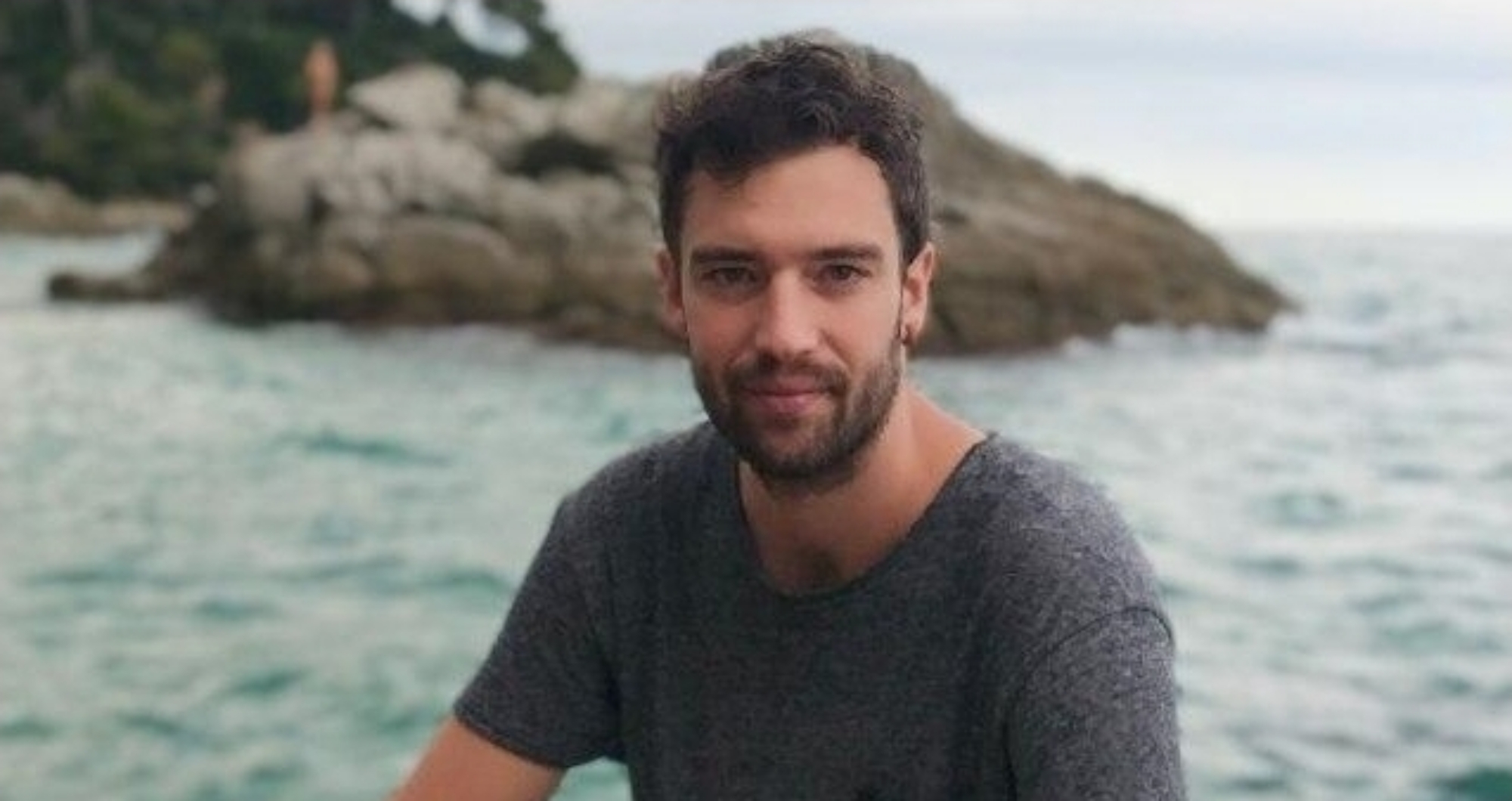
Noel Cresencio González
Child companion. Psychomotorist. Therapist of Psycho-Corporal Integration in training
I grew up in a living and active education environment at home. My mother created the project in Barcelona La Casita (which was later called La Caseta) and later the living school El Roure . My father is a teacher of tai-chi, chi-kung, martial arts, and personal growth. Both of them have been constantly training in personal growth on different lines all their lives. I attended some public schools because I was older to go to La Casita and when the school was created El Roure , finish primary school there before going to high school. After two courses I went to England, to the international school Brockwood Park School , founded in 1969 by the philosopher and spiritual teacher Jiddu Krishnamurti. When I returned two years later I started my working life and my specific training.
Following my father, I went to live to Granada, where I became independent working as a waiter, learning to carry out these tasks fully. I started my training in film, photography and acting at school Philosophy , although I was always in contact with the world of personal growth and education, due to the personal and professional career of my parents. This influence and my own interests led me to work at the school Congrés-Indians in the midday strip, since April 2011. Shortly after, I also joined the support team for teachers and I was able to deepen my work and tackle new learning.
I have also worked as an assistant psychomotor therapist, with Verónica Antón at Senda , accompanying various groups of children. This experience allowed me to approach the therapeutic side of B. Aucouturier's psychomotricity and learn with Veronica. However, without a doubt my main source of experiences with boys and girls is the school Congrés-Indians , through which I keep learning day by day how to accompany them to better provide them with what they need.
I have trained in Conscious Communication courses with Chema Irusta , Emotional Accompaniment , Aggression and Conflicts at Path , and Seitai at Espaidó . I have also attended the annual formations of Live and active education with Jordi Mateu, Aucouturier Preventive Psychomotor Practice at AEC , the annual formation of the living school El Roure and currently undergoes 5-year therapeutic training in Psycho-Corporal Integration, at the ETIP < / a>.
I have always been bubbled with ideas of all kinds of changes and solutions for the world, products and companies, forms of organization and decision, and in recent years some projects have been taking shape. In 2018 I co-started Kun Koro , to advise respectful dining rooms from the midday experience of the school Congrés-Indians . In 2019 I created Haruki , a catalog of recommended products for a good life according to my criteria. Since 2017 I study about the cryptocurrency industry and basic economy, and in 2020 I published this guide < / a> on how to improve your financial freedom from a vision of creating together a better world for all. Also in 2020 I founded Hurime network, a project that brings together families and accompaniment professionals with a respectful approach towards the needs of each.
I am always working on expanding and improving my projects and developing new projects, which I will post for reference at my website .
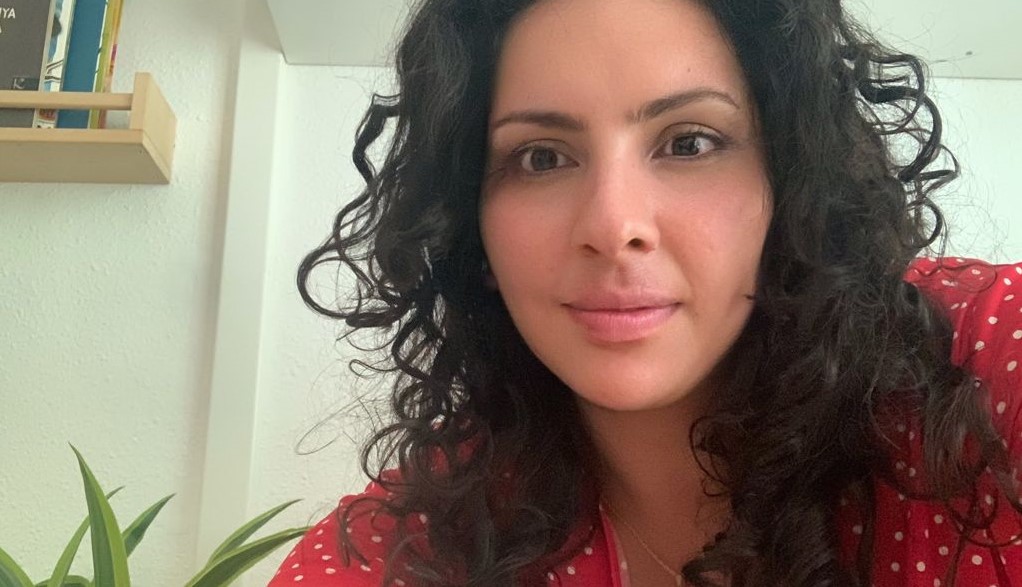
Elina Acosta
Graduated in Education.
Since the year 2000 I felt called to explore areas that would approach the relationships between people. I started my studies in Argentina where I made an intense and diverse journey between psychology, dramatic art and theology. These branches made me connect with human relationships and the multiple paths we approach to get closer or away from each other. In 2013, already located in Barcelona, I finished my undergraduate studies in children's education at the Autonomous University of Barcelona.
These years of studies aroused a huge interest in different pedagogies. Before finishing my degree, in 2011, I contacted the public school Congrés-Indians, since I was interested in learning and sharing experiences about the alive and active education. That's how I started the path as a volunteer and then joined the school's midday team, which I currently coordinate. The experience of these years in the school, both as a volunteer, as a midday companion and as an educator in the lective period, has moved me to form myself with Verónica Antón (Senda) in the emotional accompaniment and in projects of alive and active pedagogy, also with Jenny Silvente in the game with minimons (small-worlds). I am currently doing studies at Pere Tarrés to obtain the title of director of lleure.
Contents: Noel Cresencio, Elina Acosta and Lorena Sala
Web: Noel Cresencio with a html5up template
Correction: Lorena Sala
Net

Projects we like
· Congrés-Indians. Public school of living and active education.
· El Roure. Alive school since 2001.
· Senda. Children and Family Accompaniment Center.
· ACELLEC. Catalan association of companies of "lleure", education and culture.
· EFA. ACELLEC training school.
· ETIP. Psychotherapeutic School of Psycho-Body Integration.
· PCNM. Psico-Corporal·Nucleus and Movement.
· Nadons a l'aigua. Affectionate accompaniment of babies in the water.
· Del Campo al Cole. Leading entity in Spain in the promotion of sustainable and healthy school feeding.
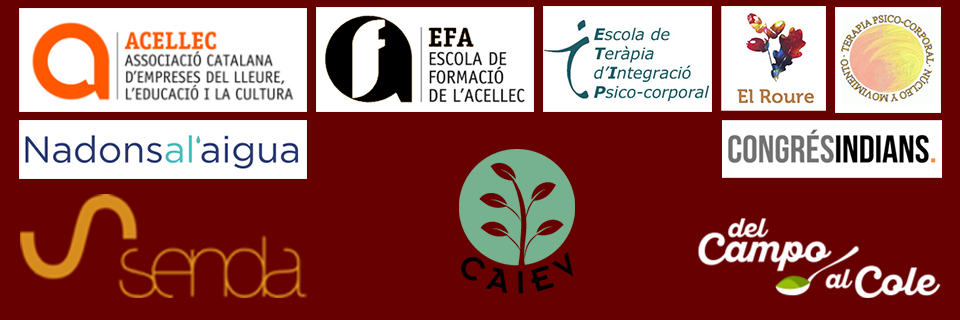
****
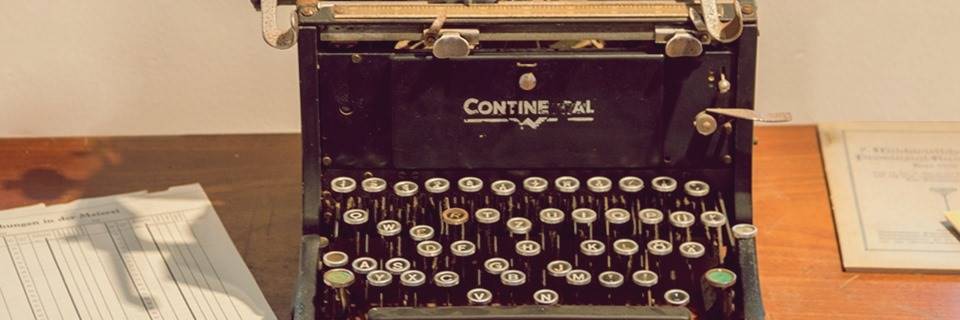
Articles
Cuidar lo invisible a los ojos: Congrés-Indians. Diana, de Esto no es una escuela. A beautiful essay on the essence of Congrés-Indians , as one of the public schools of reference in respectful accompaniment.
· El lenguaje emocional. Acompañando emocionalmente a los niños y niñas.Adults must support the creatures (and not the other way around) but it does not mean that they can not be with what happens to them. The knowledge of the emotions is not educated, it is lived day by day when the environment allows them to be expressed.
El Acompañamiento Emocional en la infancia. Verónica Antón. Senda. Simple article on the importance of accompanying the first years of children respecting their deep needs (without confusing them with their wishes or wantings of a moment) and accompanying the possible moments of frustration, but without these being created expressly by the adult so that the creature "learns" to tolerate frustration.
Los niños y niñas y los adolescentes. El Roure. Brief text on how the growth of children and adolescents in El Roure is accompanied globally and from the inside out, an accompaniment not delegated to educators but shared with the family, which has that right and responsibility.
Aprender desde el deseo innato. El Roure. On the importance of respecting the internal learning impulse of each kid and the need to offer a rich educational environment and a respectful accompaniment so that children and adolescents can develop from there.
The Forgotten AgeBegoña González, coordinator of the alive school El Roure. "I think it is a pending responsibility to generate open spaces for adolescents [...] where they can get the listening they need and demand, being protagonists of their own learning and maturation processes, following their own rhythm and manner, without being judged by their search attempts".
New Spaces For AdolescenceJosé Contreras Domingo. Professor of the Department of Didactics and Educational Organization of the University of Barcelona and Remei Arnaus Morral, 2019. Retired professor of the Department of Didactics and Educational Organization of the University of Barcelona. "We understand what's important is a space in which they can have the time, calmness with respect to external pressures, relationships and reflections to discover themselves, to recognize and clarify their desires, and to explore who they are, who they want to be and what paths they want to try to find their sense of self and their direction in life".
¿Qué es la Integración Psico-Corporal y cómo se trabaja? Brigitte Burchartz. Approach to the work methodology of the therapeutic line Psycho-Body Integration, developed by Marc Costa, which provides interesting clues to the emotional accompaniment and relationships in any environment.

Books
· Etapas del desarrollo. Rebeca Wild. Brief approach to the particularities of each seven years of development until reaching adulthood with some examples and the source of experience and knowledge that came from the Pestalozzi and the Sleeping Lion.
· Libertad y límites: amor y respeto. Rebeca Wild. Explore the meaning and importance of the complementarity of freedom and limits in parenting. It also provides elements to understand when and how to set the limits so that they really fulfill their function of expressing love and respect for life processes.
· Los pilares del corazón. Pablo Palmero. Clear writing and everyday examples to convey the importance of affection and love in relationships and show the possible personal and social repercussions in lack of affection and connection. Inspired by the Psycho-Body Integration therapeutic line.
· Ser o no ser hombre. Viaje a la esencia de la identidad masculina. Alberto Mena. A journey through the instincts of the human being and stages of human development and an approach to the particularities of the boy and man in their process of construction of their masculine identity. Inspired by the Psycho-Body Integration therapeutic line.
· Comunicación NoViolenta: un lenguaje de vida. Marshall Rosenberg. Presents a concise methodology to get to address conflicts from empathy and give voice to the needs and feelings of all involved.
· Ser padres desde el corazón. Inbal Kashtan. How to raise children with more connection and empathy through the methodology of the NonViolent Communication.
· El sentido de lo humano. Humberto Maturana. Invitation to recover the matristic life of childhood: to dare to be ourselves, not to pretend, to be responsible for our life without asking the other to give meaning to our life.

Videos
· El Roure, una escola viva. Antonio Laforgia. A nice documentary about El Roure school. A sample of the depth with which the creatures and adolescents, the families and the team are accompanied.
· The Butterfly Circus. Joshua Weigel & Rebekah Weigel. A short film about the importance of autonomy without abandonment.
The Forgotten Age

Adolescence is a forgotten and somewhat cursed age; the idea that, socially and in general, we have on it is loaded with negativity: it is a difficult, conflicting stage, adolescents are dispersed, lazy, uncollaborative, incomprehensible, arrogant, narcissistic, rebellious, emotionally unstable, etc. Adults are often overwhelmed by adolescent energy, then the frustration appears, lack of communication and control, prohibition or punishment are established as coexistence strategies.
Curiously enough, each adult has been a teenager and we can connect with our experience at that stage, to know through what we have lived, what we needed at the time, what was important for us and what limited us or hindered our growth. All of that can be inspiring when it comes to understanding other teenagers, today's teenagers.
As kids, to obtain emotional security, we need the unconscious image that adults know what should be done and do so, therefore, they are not wrong. In addition, we need their recognition and approval, their love, for what their are our models are which we follow and imitate. According to my personal experience and my observation as an education professional, in adolescence that unconscious image of adults sinks, more or less suddenly. The childlike fantasy of the “perfect adult world” that we had in childhood, disappears.
Upon reaching preadolescence, a huge evolutionary change begins, the whole organism is put into action to generate the transition from childhood to adulthood, a fundamental transition in the life of anyone. That convulsive revolution is adolescence. We begin to have some emotional autonomy and greater capacity to be aware of our reality and that of others, because the emotional security that comes from the adult is no longer so necessary.
The adult and his world begin to appear in sight more broadly, with its negative aspect included; their mistakes, inconsistencies and weaknesses. There is a greater capacity to see globality and to objectify and at the same time the vision is very conditioned by the connection and the emotional bond established with adults. The look towards adults is very selective, often radical, which usually shows adults who are rejected and adults who are worshiped.
The world appears as a place to discover, beyond the family environment and its values. Before that unlimited awakening, the teenager closes his eyes and evades or questions and rebels, wants to change the world. It is a vulnerable and delicate stage, in which there is a deep desire for freedom, to explore the unknown, often touching the limits established by the family or society. Everything is possible with the overflowing adolescent energy and at the same time there is nothing more than the present moment and its intensity, be that of enjoyment or that of anguish.
Awareness of oneself is much greater and a complex process of conscious construction of identity begins; that is, I begin to wonder who I am and who I want to be. To be aware of themselves, teenagers need to distinguish themselves from the mother and father, distance themselves from them, reaffirm their difference. They need to create an image of themselves, look for models outside the family, belong to the peer group intensely to feel complicity in standing before such a task ahead.
I believe that it is a pending responsibility to generate open spaces for adolescents that can contribute to a deeply fruitful experience, both for the adolescents themselves and for their families; spaces where the listening they need and demand can be given, being protagonists of their own learning and maturation processes, following their own rhythm and manner, without being judged by their search attempts.
I imagine these spaces as meeting places where teenagers are able to invest their energy, express it and channel it in a positive way, either towards themselves or towards others. That requires a conscious and respectful adult accompaniment, tuned between professionals and family. An accompaniment like this implies for adults an invitation to leave the dualistic beliefs that contrast work and leisure, learning and fun, which associate action with learning and passivity with the loss of time, etc. and allow the flow of life to be expressed, with its fluidity and movement, with its diversity of aspects. It also means attending to the tensions, blockages and difficulties that are manifested and that limit this vital flow, both individually and in groups.
Adolescence is essential as a crossroads to adult life. That is why I think it is essential to create this type of support spaces for adolescents and their families, in which the meaning and needs of this crucial stage are deeply understood, in general, so misunderstood and neglected.
Begoña González, coordinator of the alive school El Roure.

New Spaces
For Adolescence

We think that the proposal you make is attractive and necessary. It is important to open a space for these ages, with heart, with listening and attention to their needs.
A space beyond the school, and that can meet the dimensions and needs of their development, of their formation that has other characteristics to which the school can no longer respond, because it escapes its purpose.
A space like the one you propose is necessary, because at an age when girls and boys begin to detach themselves from their family models and seek other relationships, sometimes they find themselves in a vacuum between more normalized school spaces, and the relationships that are exploring outside the family and the guardianship of adults.
In addition to this is the difficulty to dispose of a place, a physical environment, other than the family home, but not just the street.
That is why we think it is important to have a physical and relational space, attended by respectful adults, who are neither the school nor the family, and that can open up new possibilities for experience. An environment in which adults are present, but not on them at all times. Adults who are neither mothers nor fathers, neither teachers.
The art here in knowing how to create and take care of that new place that is neither school nor family, but where there is the possibility of a meeting, of adults of reference and of new possibilities of relationship and activity. And there, it is essential to have two people like you, with experience, with training and sensitivity to capture the environments and their needs and to know how to be adults of reference who are neither teachers nor family.
We believe that the meaning of your space in question is not to support the adaptive capacity of young people to the world they are imposing on us, but that they can find the deep meaning of what moves them internally as meaning and yearning for life; to be committed to life and the world. It is not the sense of adapting, but of connecting with their deep inner sense that guides them. We understand that the important thing is a space where they can have time, calmness with respect to external pressures, relationships and reflections to discover themselves, to recognize and clarify their desires, and to explore who they are, who they want to be and what paths they want to try to find their sense of self and their direction in life.
José Contreras Domingo. Professor of the Department of Didactics and Educational Organization of the University of Barcelona.
Remei Arnaus Morral. Retired professor of the Department of Didactics and Educational Organization of the University of Barcelona.

Elements
Text
This is bold and this is strong. This is italic and this is emphasized.
This is superscript text and this is subscript text.
This is underlined and this is code: for (;;) { ... }. Finally, this is a link.
Heading Level 2
Heading Level 3
Heading Level 4
Heading Level 5
Heading Level 6
Blockquote
Fringilla.
Preformatted
i = 0;
while (!deck.isInOrder()) {
print 'Iteration ' + i;
deck.shuffle();
i++;
}
print 'It took ' + i + ' iterations to sort the deck.';
















